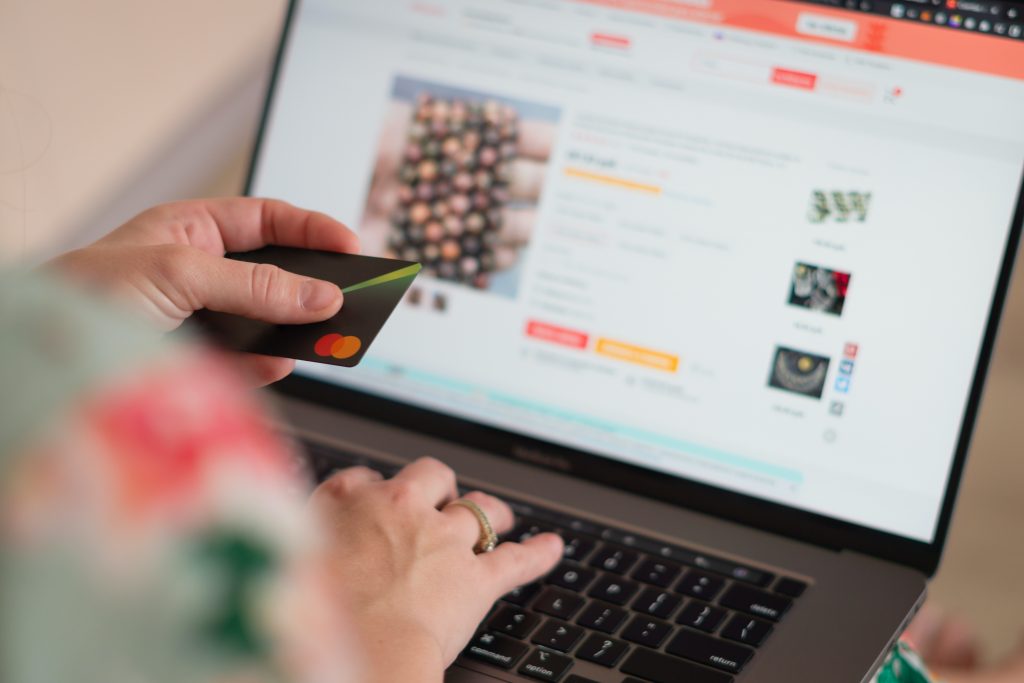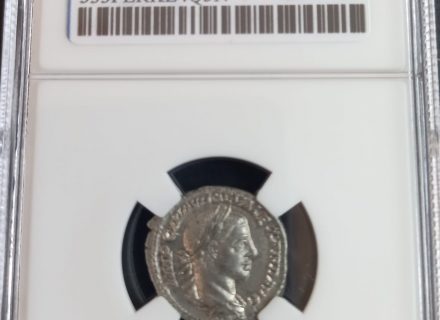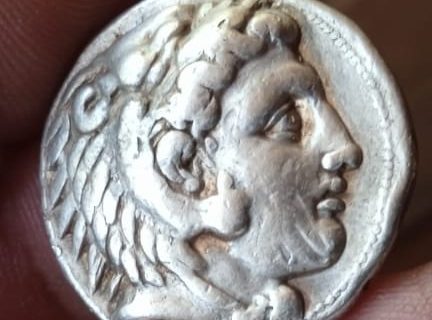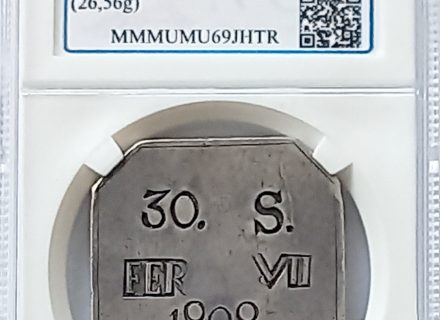
Risks of buying coins or banknotes online
When tackling the subject of acquiring new pieces, our aim is not to discourage people but to forewarn them and help them detect possible scams. That is especially important if you are relatively new to the numismatic world, as scammers often target those who are less experienced. By being aware of their tactics, you can better protect yourself and make it more difficult for them to succeed. Let’s work together to keep the numismatic community safe and secure.
Now and then, there is news of a company accused of a massive scam involving counterfeit coins or banknotes or selling trinkets at the price of gold. Whether on a large scale or not, the world of collecting, particularly numismatics for obvious reasons, is under constant threat of fraud. No one is exempt from this type of action, and the newer you are, the easier it is to fall for a trick.
We are not talking about anything new. It is more than likely that the activity of currency counterfeiting appeared simultaneously with the legal tender. For as long as the world has existed, human beings have tried to reproduce objects of great value, with fraudulent intentions or not.
That is why, as far as money is concerned, measures to control its authenticity appeared immediately. The mints have made and will continue to make efforts to implement improvements to prevent perfect replication.
On the one hand, technological improvements are increasingly within everyone’s reach, making the race between legality and imitation very tight: 3D printers, high-quality photographic digitalization…
On the other hand, there is the universalization of the Internet. Like all others, the numismatic market has been adapting to the new times and online transactions are becoming more frequent than traditional stores or markets. The anonymity provided by the Internet is a double-edged sword as it makes it challenging to trace professional scammers after they have done their work. Not surprisingly, at the same time that groups and web pages specialized in numismatics emerge, there are chats and forums whose sole purpose is to warn about scams or suspected scams circulating on the Internet.
Despite all the drawbacks, we cannot turn our backs on the online market because it is undoubtedly the present, the future, and an excellent vehicle for the expansion of collecting. From giants such as eBay or Amazon to more local second-hand pages such as Wallapop or specialized groups within social networks… they all are comfortable, super wide, and varied showcases in which to expand our collections.
Online profiles to avoid
In this blog, we already gave some tips on how to start a numismatic collection. Let’s now look at warning signs or red flags we should detect before finalizing a purchase online. It’s essential to be cautious of certain social media and blog profiles. Let’s see:
- The new member:they are probably ‘the usual one’ but with a new profile (who knows how many they operate simultaneously). They show a photo of a coin or banknote of supposedly great value, telling a story about how someone around them found it. They innocently ask what we think of that specimen, hoping to catch the attention of someone interested in buying it. If you stop to look at their profile, they probably have very few friends.
- Identity impersonator: you are contacted by a member of a Facebook group or blog to which you belong. You may have chatted on some other occasion about another topic, which makes you lower your guard. They write to you, offering you a numismatic jewel. They offer it to you first because they value you above the other group members. They are shady. And if, on top of that, they have a particular urgency for you to give him an answer, they are even more suspicious.
- Private bargains: private messages offering numismatic ‘bargains’ are a classic in this world. You will receive invitations and offers everywhere as soon as you start following specialized groups. They can be very persevering and persuasive. Always do your research on the profile that is contacting you.
- The desperate one: occasionally, someone appears in a hurry to sell many coins or a collection because they are in a financial predicament. They claim that the price they are asking is much lower than its value, but they need the money. In other word, a “bargain”.
- The savior: Maybe you ‘like’ one post in which someone is selling a set of coins or whatever. A third person intervenes warning you about the fakeness of the product or the overprice. Once he got your attention and trust thanks to his good will, he offers you something that really is what you are looking for. What are the odds?
How to increase security in your online purchases of coins or banknotes
To avoid surprises in an online purchase, be very careful with the platforms where you buy. It is advisable to be a ‘watcher’ for a while before shopping.
Whether you are a beginner or not, read up on the item you are interested in to verify the information you are given about it. After some time, you will build up your own trusted circuits in which you can feel more comfortable than with perfect strangers.
If you are interested in a piece sold by someone you don’t know, look at their profile to see if you have a mutual acquaintance, how long they have been in the industry, and whether they have reviews from other people… Making transactions with people with a good track record is always preferable.
It’s important to remember that when purchasing a graded and encapsulated item from a certified company, you are provided with more guarantees. We always recommend seeking advice from a professional and obtaining a second opinion, especially if you are making a significant transaction. This is particularly important when dealing with a high-value purchase.




1 Comment
Comments are closed.